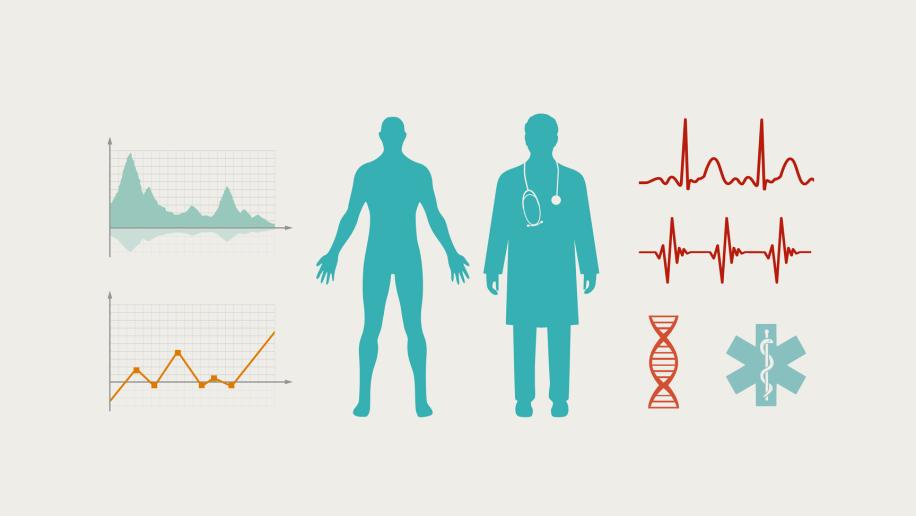Analysing data generated by health care systems makes it possible to design essential therapeutic applications for users and patients, as well as tools vital to the decision making process for payers and private stakeholders.
France has access to a collected body of historic health data that is almost unrivalled in the rest of the world. The Health Bill currently being debated takes account of this and proposes new conditions for more open access to health data. Hospital data, collected via the PMSI (Programme for the Medicalisation of Information Systems) and health care spending data in hospital and community settings, accessible through SNIIRAM (National Health Insurance Cross-Schemes Information System), or indeed data from CépiDc (Epidemiology Centre on Medical Causes of the Death), provide a significant statistical evidence base, with implications for improving public health.
Access to all these data makes it possible to carry out longitudinal follow up studies of patient care pathways, evaluation of which is of strategic relevance to public and private stakeholders alike.
From the public perspective, analysis leads to better definition of health strategies with a direct impact on public finances, by enabling health care costs to be rationalised objectively based on genuine public health approaches, such as optimising access to health care at a local level and treatment times, for example.
In private terms, conducting epidemiological studies on the basis of retrospective rather than prospective data makes it possible to maximise the return on investment of research and development, in particular by factoring in industrial production, by precisely defining the target populations for new treatments or by presenting sound alternatives to lengthy and costly real life studies.
Beyond the national arena, the challenge will be connecting these databases up at an international level in order to respond to transnational health issues or indeed to compare regulatory systems or the treatment of patients in different health care systems.
The Health Bill, and in particular Article 47, should make it possible for health data to be more openly used. The conditions for application of this Article, which will be established over the coming months, will be instrumental in maintaining the quality and appeal of the French system, as well as the competitiveness of those involved in evaluating health data, for the good of society.
Alexandre Vainchtock & Ludovic Lamarsalle
___
Ludovic Lamarsalle & Alexandre Vainchtock co-founded Heva in 2005, in Lyon (France). Heva is a company dedicated to analyze health big data and to develop innovative tools. Ludovic & Alexandre are both PharmD with Health Economics expertise, and a background in the consulting industry.




